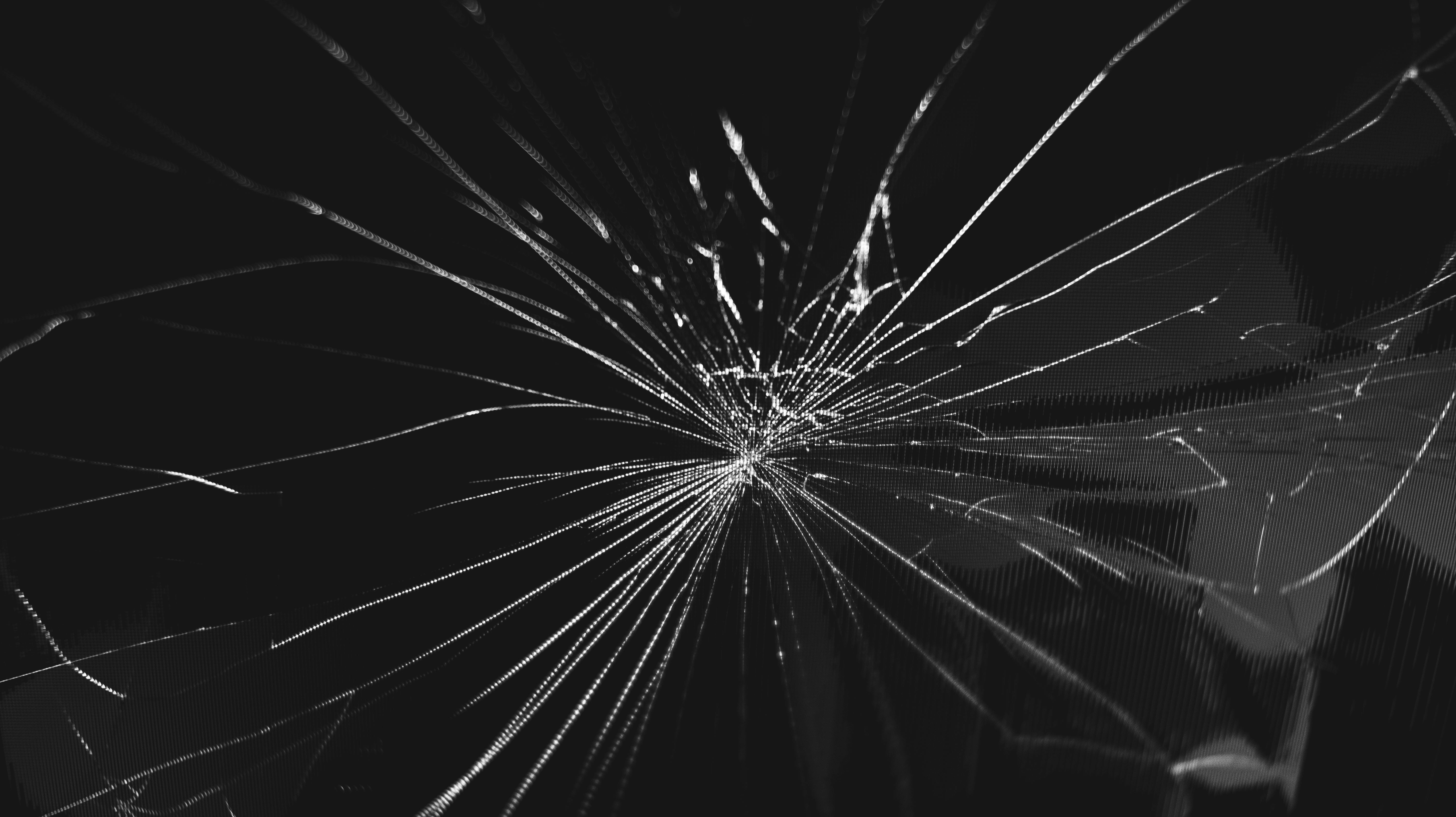
Mischief to Property
Section 430 of the Criminal Code of Canada covers a broad range of mischief charges, and we’ve seen it all. The most common mischief charges we handle are often linked to domestic disputes, with cellphones frequently involved. However, mischief can range from graffiti on storefronts to smashing personal items like laptops. Whatever the case, Song Criminal Defence is here to help you understand your mischief charge and build a strong defense.
Criminal Code of Canada, Section 430
(1) Every one commits mischief who willfully:
(a) destroys or damages property;
(b) renders property dangerous, useless, inoperative or ineffective;
(c) obstructs, interrupts or interferes with the lawful use, enjoyment, or operation of property; or
(d) obstructs, interrupts or interferes with any person in the lawful use, enjoyment or operation of property.
What the Crown Must Prove Beyond a Reasonable Doubt:
Identity of the Accused: The Crown must establish that you are the person responsible for the damage.
Date and Time of the Offence: The actions must have occurred at the specified time.
Jurisdiction: The case must be tried in the correct legal jurisdiction.
Accused’s Actions: The Crown must show that you:
Destroyed or damaged property,
Rendered the property dangerous, useless, or inoperative,
Obstructed or interfered with the lawful use or enjoyment of property, or
Interfered with a person’s lawful use or enjoyment of property.
Property Ownership: You did not own the property that was damaged.
No Colour of Right: You did not have a genuine but mistaken belief that you had a right to the property.
Willful Intent: The damage must have been done willfully or recklessly.
Value of Damaged Property: Whether the damaged property is valued over or under $5000 is a key factor in sentencing.


Sentencing on Conviction | “Punishment”
Criminal Record: A mischief conviction will result in a criminal record.
Penalties
Summary Conviction: The maximum penalty is up to 2 years less a day in jail and/or a $5000 fine.
Indictable Offence: The maximum penalty can be up to 10 years in prison.
Additional Consequences
DNA Order: The court may require you to provide a DNA sample.
Weapons Prohibition Order: A ban on owning or possessing weapons.
Non-communication and Non-attendance Orders: Restrictions on contacting or being near the complainant.
Forfeiture of Weapons: Possible Forfeiture of Weapons or firearms.
Victim Fine Surcharge: An additional financial penalty applied upon conviction.


How Song Criminal Defence Can Help
Mischief charges can have serious repercussions, including a criminal record, fines, or jail time. Song Criminal Defence is experienced in handling mischief cases, whether the allegations involve domestic situations or property damage in other contexts. Every case is unique, and we are here to help you understand your legal options and develop a defense strategy.
